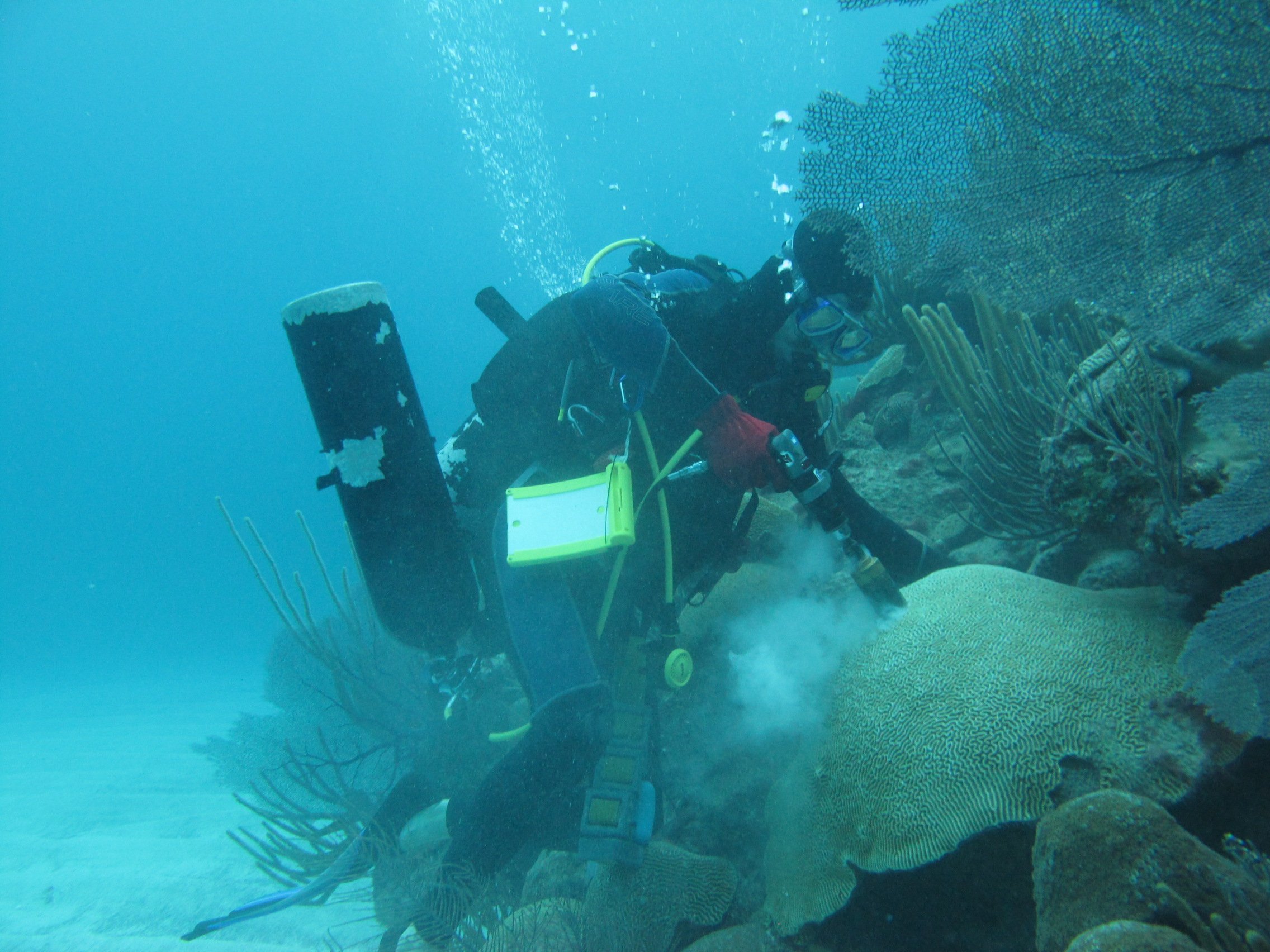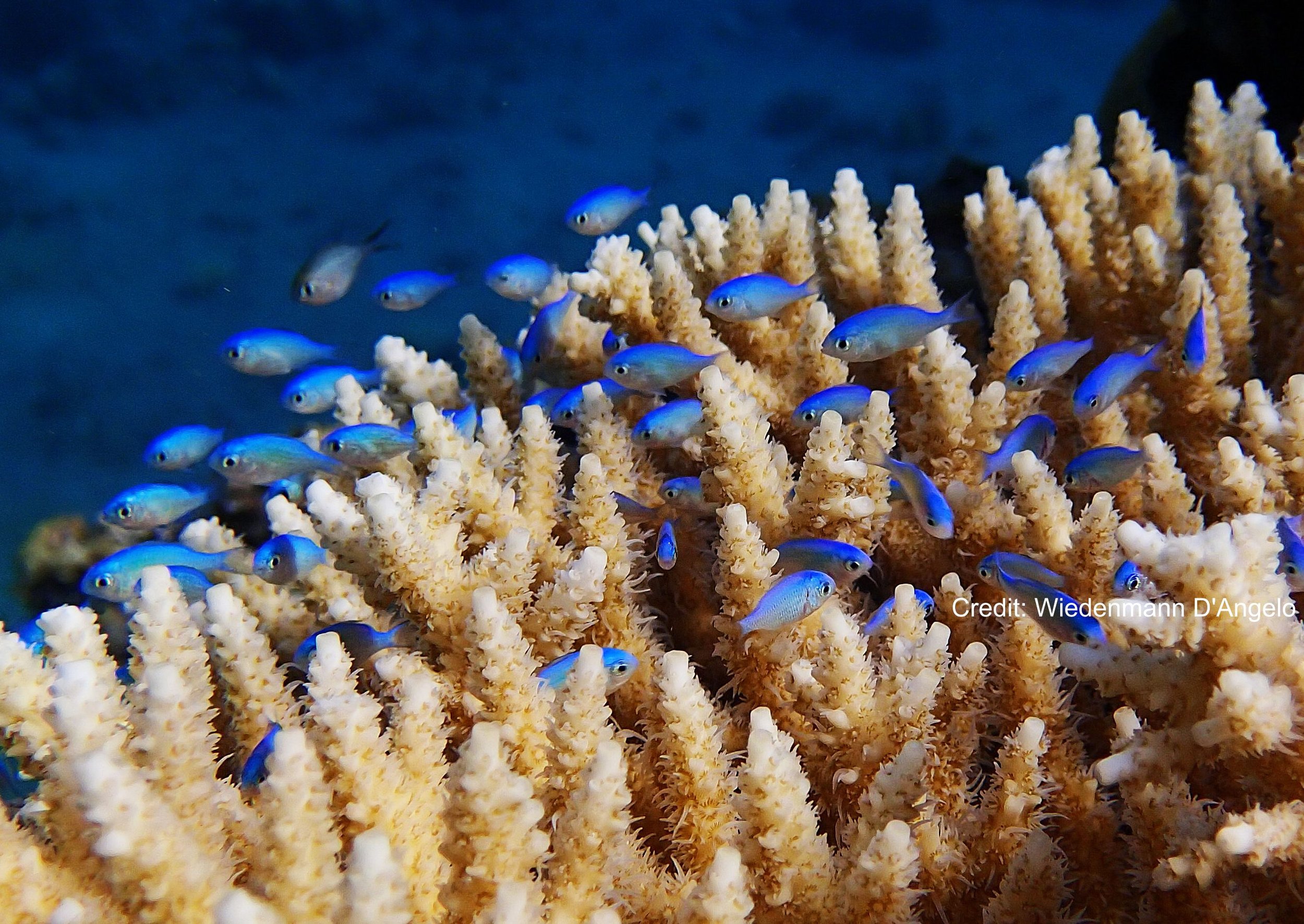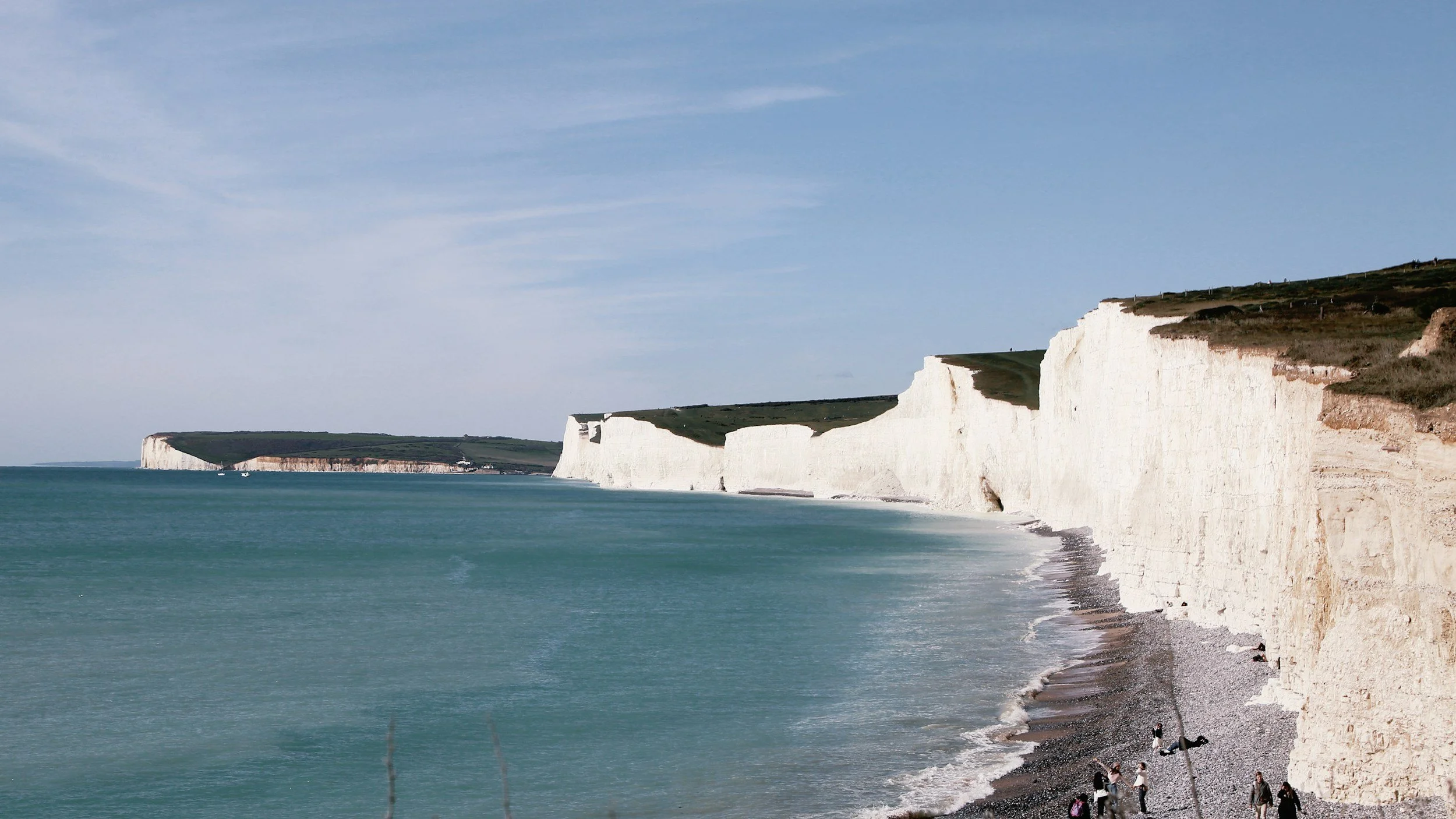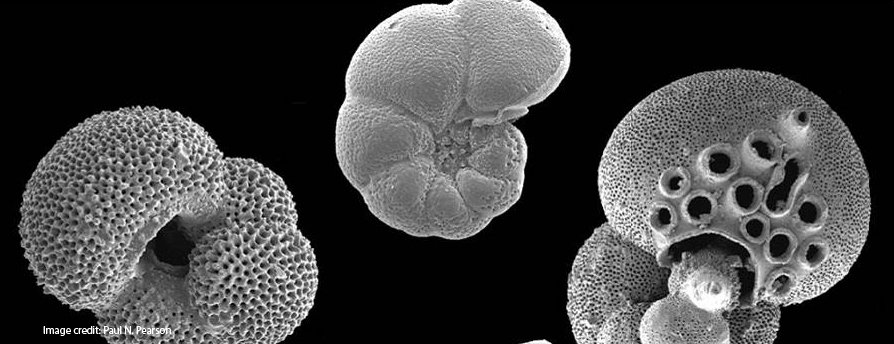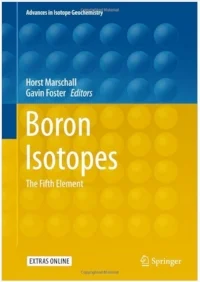PhD Topics - Entry September 2026
/This year we are involved in 3 fully funded PhD projects via IGNITE our NERC DLA. The deadline is Thursday Jan 8th 2026.
1. Is the world already 1.5 C warmer? Insights into pre-industrial climate from corals
In this project the student would be based at the University of Southampton supervised by Gavin, Duo Chan and Jens Zinke (Leicester University). The aim of the project is to use the chemical composition of coral skeletons to reconstruct tropical temperature change over the last 250 years. Why? Everyone has heard of the Paris Climate Targets, right? +1.5 and +2 C warmer than pre-industrial. Well pre-industrial wasn’t defined at the Paris COP in 2015, subsequently the IPCC used the average of temperatures from 1850-1900 as the pre-industrial. Not because this represents the pre-industrial (the Industrial Revolution began in 1750) but because this is the oldest interval for where there is reliable instrumental data on Earths temperature. However, it turns out that while we have a good understanding of the Earth’s climate now, thanks to satellites and Argo floats, as we go further and further back in time this understanding gets more and more uncertain, particularly with regard to ocean temperatures. This is because our records of ocean temperature in the late 1800s and early 1900s come from sailors throwing wooden buckets overboard (RealClimate: Of buckets and blogs) and the biases involved in these measurements are poorly known. Given we need to know this baseline in order to know when we breach the Paris Climate Targets - this becomes a big deal.
What is needed to reduce the uncertainty in modern temperatures, with respect to those Paris Climate Targets, is an improved understanding of the pre-industrial ocean temperature (e.g. see here). In this project this will be achieved with geochemical measurements of coral skeletons (Historic Climate Change — The Foster Lab) that record the temperature of the water in which the corals grow.
So if you like geochemistry, corals and want to improve our understanding of global warmer – this is the project for you! See here for more details.
2. Towards a less negative future for coral reefs: An anion perspective on coral calcification
In this project the student would be based at the University of Southampton supervised by David Evans, Gavin, Joerg Wiedenmann and Cecilia D’Angelo. Coral reefs are really important marine ecosystems that are under threat from climate change, with ocean warming and ocean acidification being most important. Most of the ecosystem services corals provide arise from their hard calcareous skeletons. So, in order to predict what the future has in store for corals and the ecosystems they support we need to understand the mechanisms they use to make these skeletons. Unfortunately, our current understanding of these mechansisms are poor. In this project you will develop new tools to provide a novel insight into this process to improve this situation.
So if you want to help improve our understanding of coral calcification this project is for you! See here for more details.
3. Comparing biomineralisation mechanisms in marine calcifying organisms to understand their resilience
This project is based at the Marine Biological Association (MBA) in Plymouth supervised by Glen Wheeler, David Evans, Gavin. Marine calcification, the formation of hard calcium carbonate by marine organisms, is a key process in the global carbon cycle, creating vast deposits that blanket the seafloor, where it both locks carbon away from the atmosphere for millions of years and also forms a valuable archive of past climate and evolution. Despite its importance however the processes used by the open ocean calcifiers (i.e. coccolithophores and foraminifera) to extract calcium from seawater and build their hard shells are not clear. Here the student will use micro-electrodes to study the calcification process in live foraminifera and coccolithophores and, by combining this with shell and lith geochemistry, will explore how life processes impact the marine calcium carbonate composition – a key archive of past climate (e.g here).
So if you prefer your calcium carbonate of the open ocean variety and want to better understand calcification to improve our reconstructions of past climate – then this is the project for you! See here for more details!
See the links for each project for how to apply or take a look at this website: IGNITE Doctoral Landscape Award

